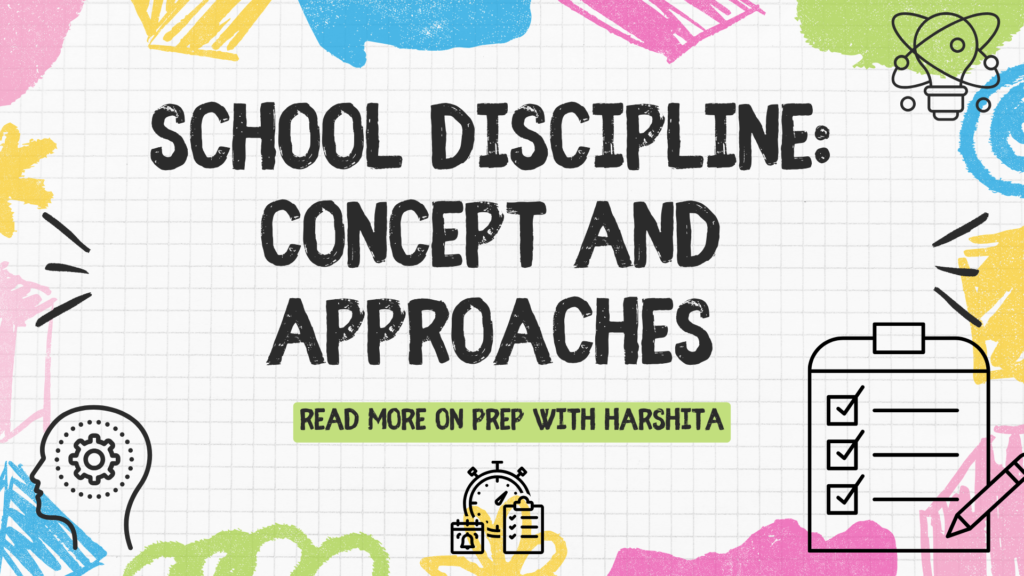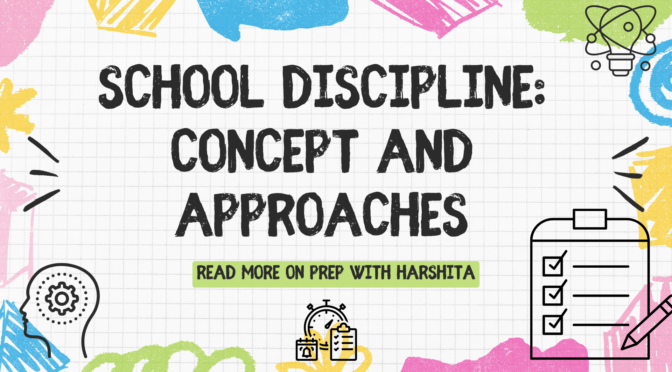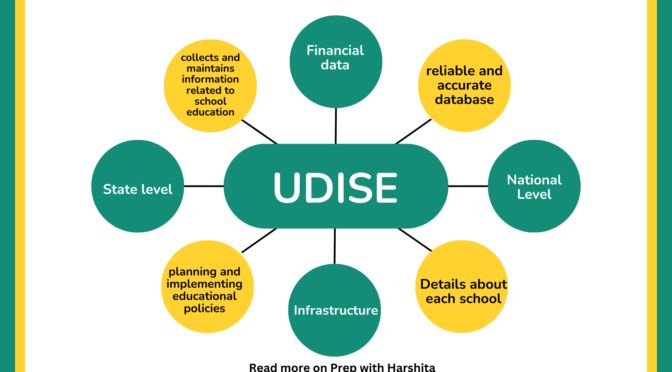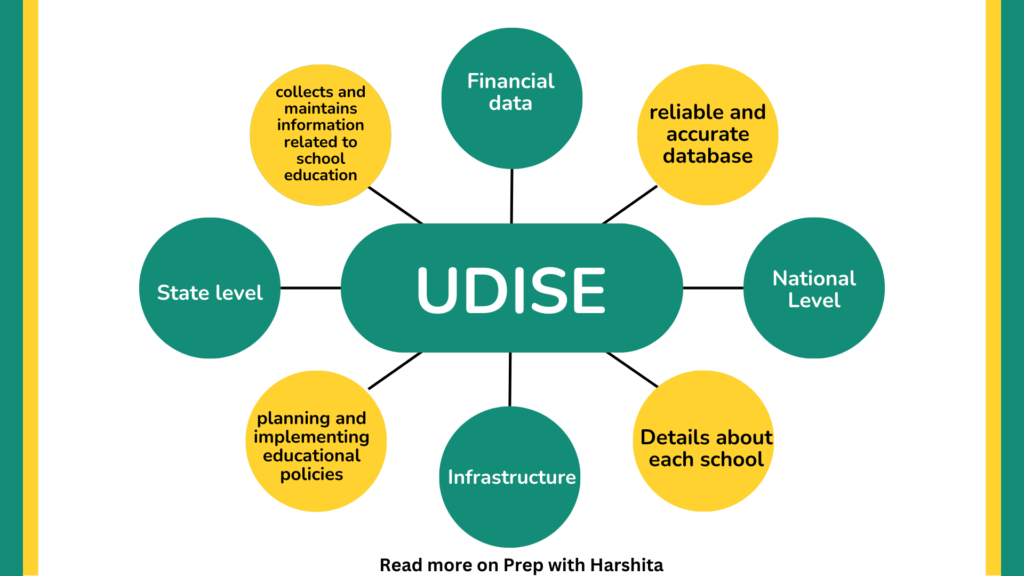School discipline refers to the system of rules, strategies, and consequences implemented in educational settings to maintain order, promote a safe learning environment, and develop positive behavior among students.
The concept of school discipline includes various approaches that can be broadly categorized into punitive and positive methods. The ultimate goal of school discipline is to create a conducive atmosphere for effective teaching and learning while supporting students in their social and emotional development.
Approaches to School Discipline:
Punitive Discipline:
- Detention: Students may be required to stay after school as a consequence for misbehavior.
- Suspension: Temporary removal of a student from regular classes due to severe misconduct.
- Expulsion: Permanent removal of a student from the school due to serious violations.
Positive Discipline:
- Conflict Resolution: Teaches students skills to resolve conflicts peacefully and engage in effective communication.
- Peer Mediation: Employs trained students to mediate conflicts between their peers, promoting understanding and resolution.
- Counseling and Guidance: Providing counseling services to students who may be struggling with personal or academic issues.
Also Read: Role of Parent-Teacher Association
Behavioral Interventions:
- Behavioral Contracts: Written agreements between students and teachers outlining expected behavior and consequences.
- Behavioral Modification Plans: Individualized plans to address specific behavioral issues, often involving positive reinforcement.
Classroom Management:
- Clear Expectations: Establishing and communicating clear rules and expectations for behavior in the classroom.
- Consistent Consequences: Applying consequences consistently and fairly to reinforce the importance of adhering to rules.
- Positive Reinforcement: Recognizing and rewarding positive behavior to encourage its continuation.
Preventive Measures:
- Character Education: Incorporating lessons on values, ethics, and responsible behavior into the curriculum.
- Social-Emotional Learning (SEL): Integrating programs that focus on developing students’ emotional intelligence and interpersonal skills.
- Anti-Bullying Programs: Implementing strategies to prevent and address bullying behavior.
Teacher Training:
Professional Development: Providing teachers with training on effective classroom management, conflict resolution, and understanding diverse student needs.
Collaboration with Parents:
- Parental Involvement: Encouraging parents to actively participate in their children’s education and reinforcing positive behavior at home.
- Parent-Teacher Conferences: Providing opportunities for open communication between parents and teachers regarding a student’s behavior and academic progress.
Also Visit: Prep with Harshita




